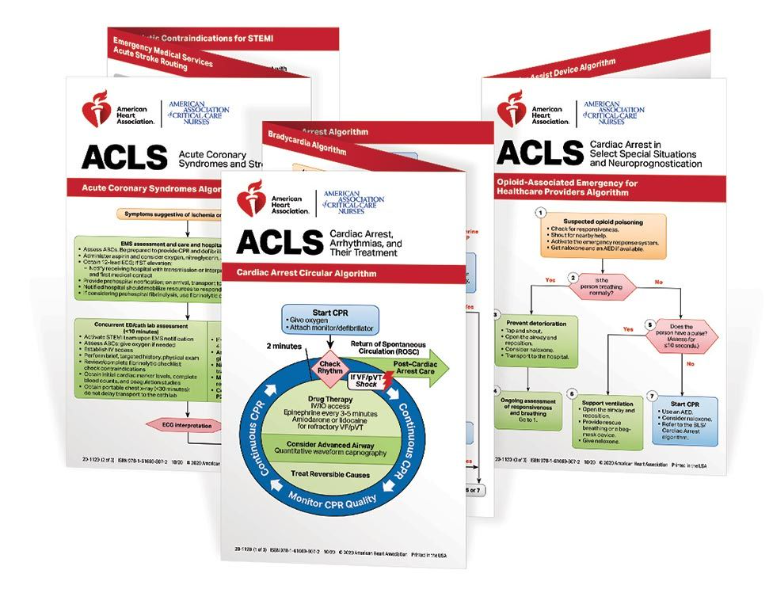When it comes to providing critical care in emergency situations, having quick access to important information is crucial. This is where an ACLS drug reference card can be extremely helpful. These printable cards provide a quick and easy reference for healthcare professionals to ensure they are administering the correct medications in life-threatening situations.
ACLS, or Advanced Cardiovascular Life Support, is a set of clinical interventions for the urgent treatment of cardiac arrest, stroke, and other life-threatening medical emergencies. Having a drug reference card on hand can help healthcare providers make quick decisions and provide appropriate care to patients in need.
ACLS Drug Reference Card Printable
ACLS drug reference cards typically include information on the dosages, indications, and contraindications for various medications commonly used in emergency situations. These cards are designed to be easily accessible and can be kept in a pocket or on a lanyard for quick reference.
Some of the medications that may be included on an ACLS drug reference card include epinephrine, atropine, amiodarone, and lidocaine. These medications are often used in the treatment of cardiac arrest, arrhythmias, and other cardiovascular emergencies.
Having a printable ACLS drug reference card can be particularly useful in high-stress situations where healthcare providers may need to quickly assess a patient’s condition and administer life-saving medications. These cards can help ensure that healthcare professionals are following the latest guidelines and protocols for ACLS care.
Overall, an ACLS drug reference card printable can be a valuable tool for healthcare providers who are responsible for delivering emergency care. By having quick access to important drug information, healthcare providers can improve patient outcomes and increase the likelihood of successful resuscitation in critical situations.
In conclusion, having an ACLS drug reference card printable can be a lifesaving resource for healthcare providers working in emergency settings. These cards provide essential information on medication dosages and guidelines, allowing healthcare providers to make quick and informed decisions when treating patients in need. By keeping a printed reference card on hand, healthcare providers can ensure they are providing the best possible care in life-threatening situations.
